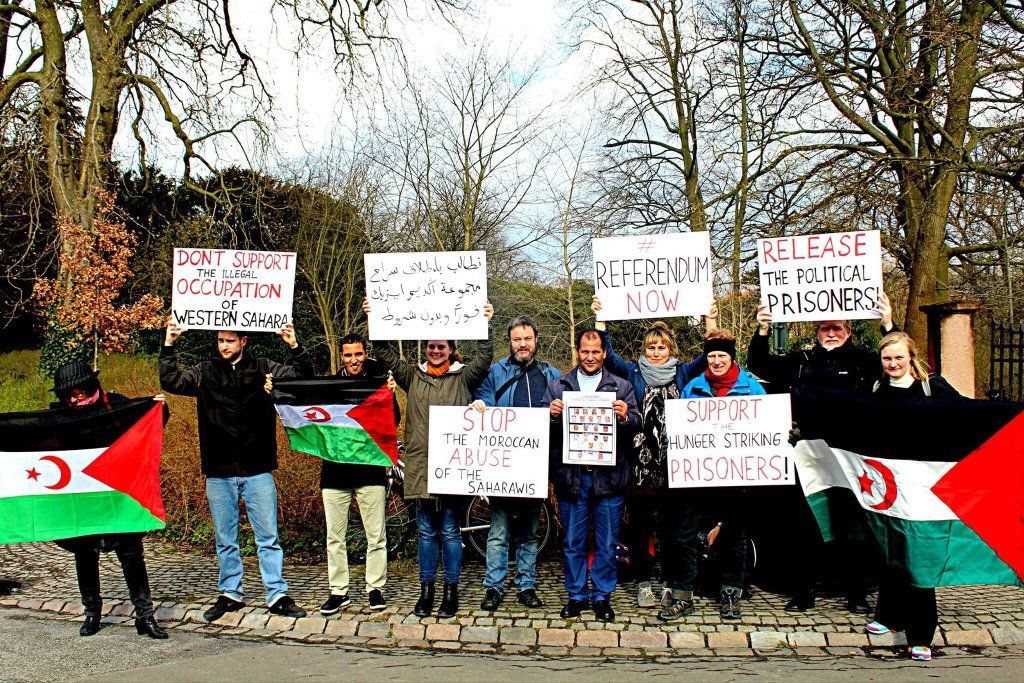At least seven banks and 20 pension companies from Denmark are investing in companies which, against international law, are taking part in the extraction of natural resources from Western Sahara.
According to a report released by the Danish development organisation Afrika Kontakt (here in Danish), Danske Bank, Nordea and DJØF are among the companies benefiting from the ordeal.
Western Sahara has been occupied by Morocco since 1975 and its indigenous people, the Sahrawi, have never accepted or approved Morocco’s occupation or utilisation of the territory’s resources.
In the report, Afrika Kontakt investigated a number of international companies working with oil and natural gas exploration or phosphate importation in the territory. They then looked for connections with Danish companies.
“We looked into the ten largest Danish banks and the 22 largest Danish pension companies and their investments in these companies,” Afrika Kontakt wrote.
“In other words: Danish investments are going to legitimise and finance Morocco’s occupation of Western Sahara. Seven out of 10 banks have invested in the aforementioned companies, as have 20 out of the 22 pension firms.”
READ MORE: Municipalities drop controversially-imported Western Saharan road salt
Human rights dilemma
Most of the Sahrawis fled to Algeria when Morocco occupied Western Sahara some 40 years ago, and the few who remain reap no benefits from the extraction of the territory’s resources. Jobs go to Moroccan settlers and income goes to king Muhammed VI and the Moroccan state.
Human rights organisations and the UN agree that the occupation is brutal and riddled with torture and police abuse.
In 2014, four municipalities in Denmark were criticised for acquiring road salt from the Danish company Dansk Vejsalt (DV) because the company imported its salt from Western Sahara.















